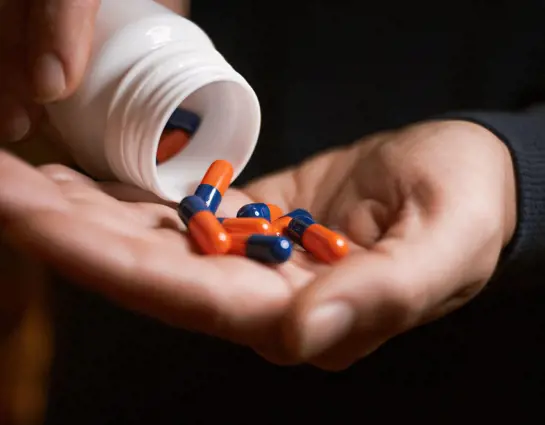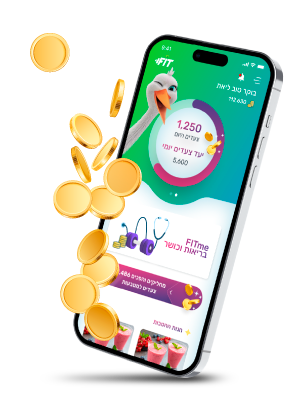
What it means to have an addiction
Addiction is an increasing dependency on repeated use of substances or behaviors that, when avoided, leads to distress. Despite the harmful consequences of addictive substances or behaviors, there is a psychological and physical urge to continue, often overriding other choices in life.
Addiction doesn’t only affect the individual struggling with it; it impacts the lives of family members, friends, colleagues, and even the broader community. The ripple effects of addiction are vast and significant, placing emotional, financial, and social burdens on those surrounding the individual.
It’s important to remember that addiction does not define the person; it is part of their journey. With dedicated effort and a sense of commitment, it is possible to move toward a healthier, more meaningful life.
For more on the topic
















